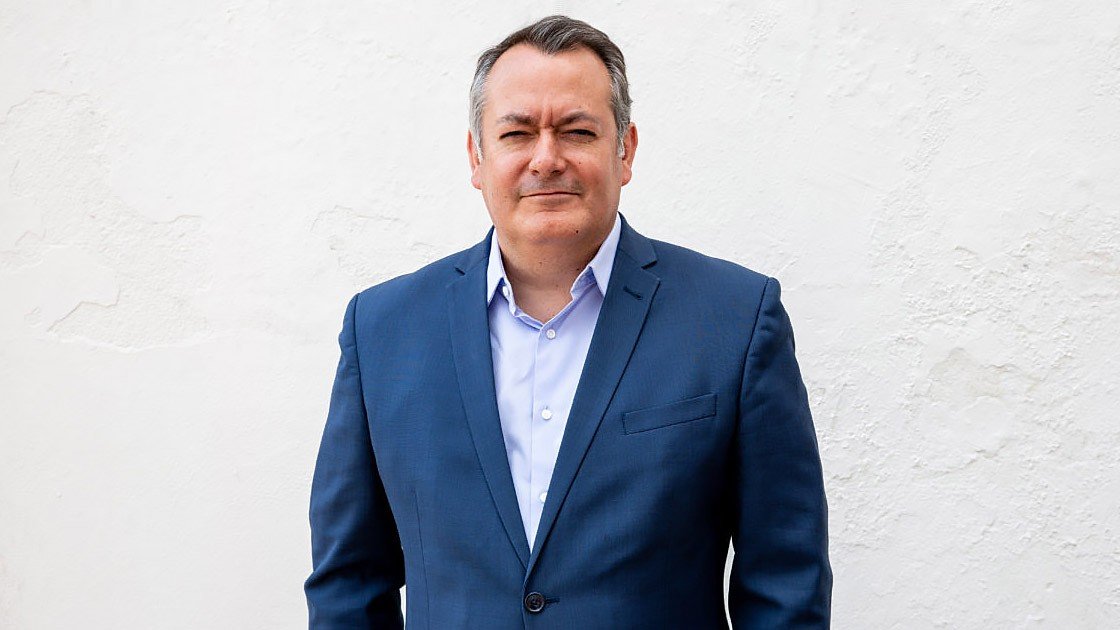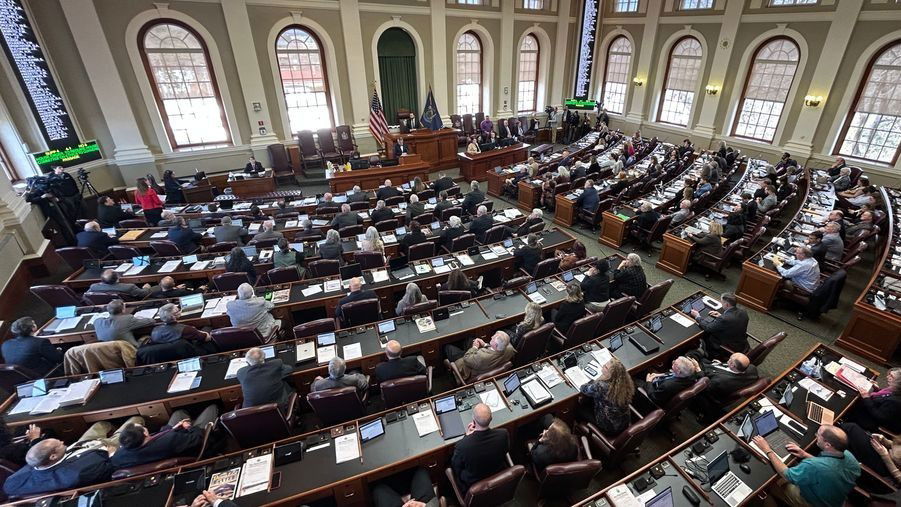BGC warns mandatory levy to fund RET services must protect land-based operators

The Betting and Gaming Council (BGC) said it would support a mandatory levy to help fund research, education, and treatment (RET) services to tackle gambling-related harm, but only if it was independent and tiered to protect land-based operators.
The UK government’s much-anticipated white paper on gambling will reportedly refer to a blanket 1% fee on all businesses, meaning land-based operators would pay at the same rate as online businesses.
BGC said its analysis suggests a blanket 1% statutory levy to land-based operators would be the equivalent of a 10% and 15% hit on post-tax profits because of the fixed costs that do not equally apply to online operators, including rent and staffing expenses.
The trade association also highlighted many land-based British businesses are still recovering from the pandemic, rising fixed operating costs, and high inflation. The BGC argues any additional costs in this adverse context could cause them further harm.
While the BGC previously proposed that RET contributions should be mandatory for the industry, it urged the government to adopt a sliding scale and smaller percentage contributions from land-based gambling businesses that have disproportionately higher fixed costs.
Michael Dugher
Michael Dugher, BGC CEO, said: "I have said for some time that I am relaxed about a so-called statutory levy given that the money is already on the table from BGC members, it is already allocated independently of the industry and given that it was the BGC who proposed to the government last year that contributions should be mandatory."
"But we want to see continued sustainable funding for RET provided it recognizes the fact land-based operators are under greater cost pressures, so there has to be appropriate mitigation, and that funds continue to be distributed effectively and genuinely independently," he added.
According to Dugher, it is "vital" that treatment is available to those who suffer from the most serious cases of "disordered gambling," who often have multiple complex health issues and who require treatment in clinics, who represent "a minority of the UK Gambling Commission’s broader definition of the problem gambler cohort."
"But most importantly, any new system must be tiered to protect land-based operators like bingo, casinos, and betting shops, who have disproportionately higher fixed costs because of buildings and tens of thousands of staff. They are still struggling post-covid, like every other retail, hospitality, and entertainment business, with all the difficult economic headwinds," the CEO stated.
"The government claims they believe in low regulation and low taxes for businesses, so they need to avoid this new tax leading to job losses or more businesses going bust," he concluded.
The BGC reiterated it supports the Gambling White Paper "as a further opportunity to raise standards and deliver jobs and growth," but warned any changes must not drive customers to the gambling black market "where the numbers betting have doubled in recent years and the amount wagered is in the billions."


















































